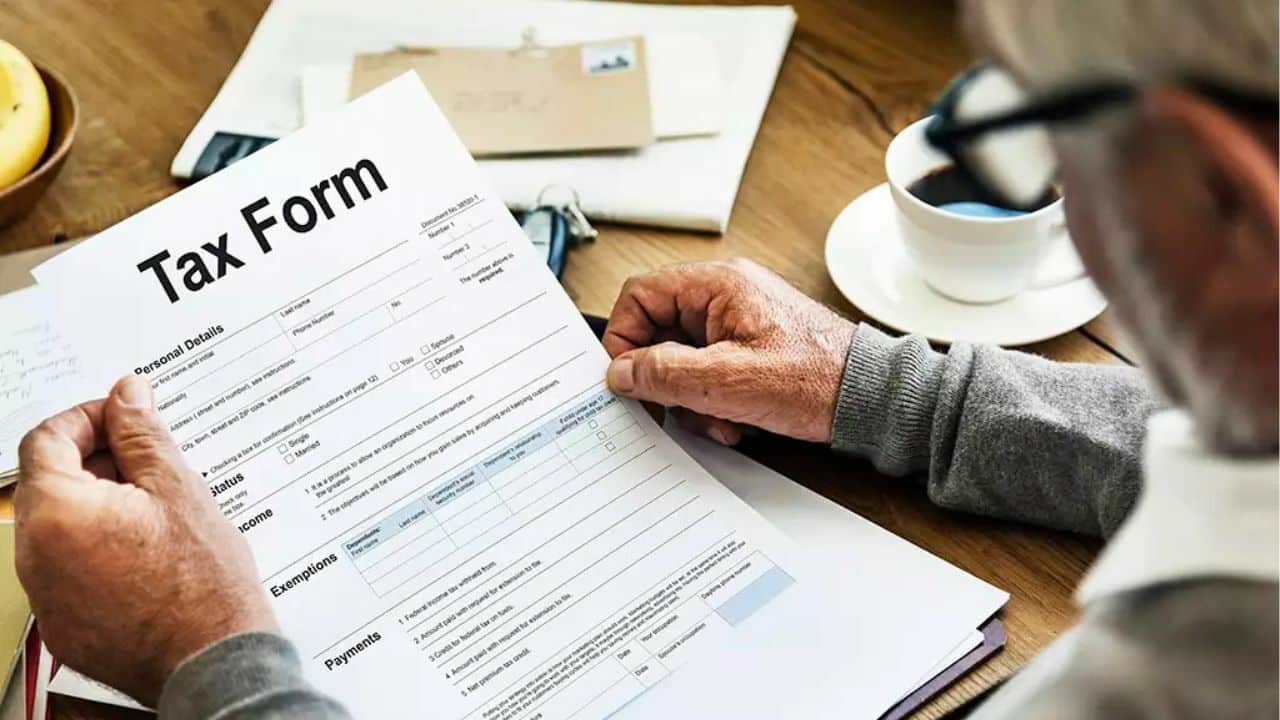Thailand taxman’s 2-year sweetener to lure overseas millions home
Wealthy expats get window to bring foreign income back tax-free as kingdom eyes economic boost

The taxman in Thailand is having a rethink and it could mean a big win for globe-trotting Thais with cash stashed abroad.
In a bid to woo back an estimated 2 trillion baht in overseas investments, the Revenue Department is planning a two-year tax holiday on foreign-earned income, so long as it’s brought back into the country pronto.
Revenue Department chiefs reckon the move will inject fresh liquidity into Thailand’s sluggish economy by luring in capital tied up in foreign real estate, insurance schemes and offshore funds.
Revenue Department Director General Pinsai Suraswadi said: “We want to encourage individuals with foreign income to bring it back and invest in Thailand. If such capital is invested in the stock or bond markets, it would invigorate the economy.”
The new rules would give Thai residents, defined as anyone spending 180 days or more a year in the country, a two-year window to bring back income earned abroad without paying a single satang in tax.
But there’s a catch: miss the deadline, and you’re back to coughing up full whack. From the third year onwards, normal personal income tax kicks in, up to 35%, depending on your earnings.
What’s changing?
Under current rules, which took effect on January 1, 2024, any foreign income brought into Thailand, no matter when it was earned, is taxed in full.
Before that, expats could legally dodge tax on foreign earnings if they waited a year or more before moving the money.
Now, the government’s doing a U-turn, albeit with a strict time limit, in the hope of fuelling investment and giving local markets a much-needed jolt.
Pinsai confirmed the new regulation would be forward-looking only, meaning income earned before it’s enacted won’t be eligible.
The Finance Ministry is drafting a ministerial regulation to cement the change, which is expected to take effect later this year.

How it works
To qualify for the exemption, taxpayers must:
-
Reside in Thailand for at least 180 days in a calendar year (non-consecutive days count).
-
Have income from abroad, from jobs, assets, businesses or investments.
-
Bring the income into Thailand within the year it was earned or the following year.
After that, normal tax applies under Section 41 of the Revenue Code.
Income can include interest, dividends, capital gains, and more but the law targets the income itself, not the money used to invest abroad.
Foreign tax credits, DTAs
If you’ve already paid tax overseas, you might not get double-hit but the rules are fiddly.
Taxpayers can claim a foreign tax credit, but only up to the amount they’d pay in Thailand. So if you paid 40% abroad and Thailand’s top rate is 35%, you can only claim the lower amount.
And it gets even trickier if you’re juggling domestic and foreign income, the credit is calculated on total income, which affects how much you owe.
Each Double Tax Agreement (DTA) varies by country, meaning some credits apply, some don’t, and the devil’s in the detail.
Deductions still apply
Thai residents can still claim the usual personal deductions, including:
-
60,000 baht for the taxpayer
-
60,000 baht for a spouse
-
Up to 100,000 baht for life insurance premiums (if policy is over 10 years)
-
50% of salary-related income (capped at 100,000 baht)
But investment income like dividends and interest don’t get deductions.
Bottom line? Thailand’s cracking open the door for a limited-time tax amnesty on foreign cash. But blink and you’ll miss it because once the window shuts, the taxman’s ready with the bill.
Latest Thailand News
Follow The Thaiger on Google News:


























